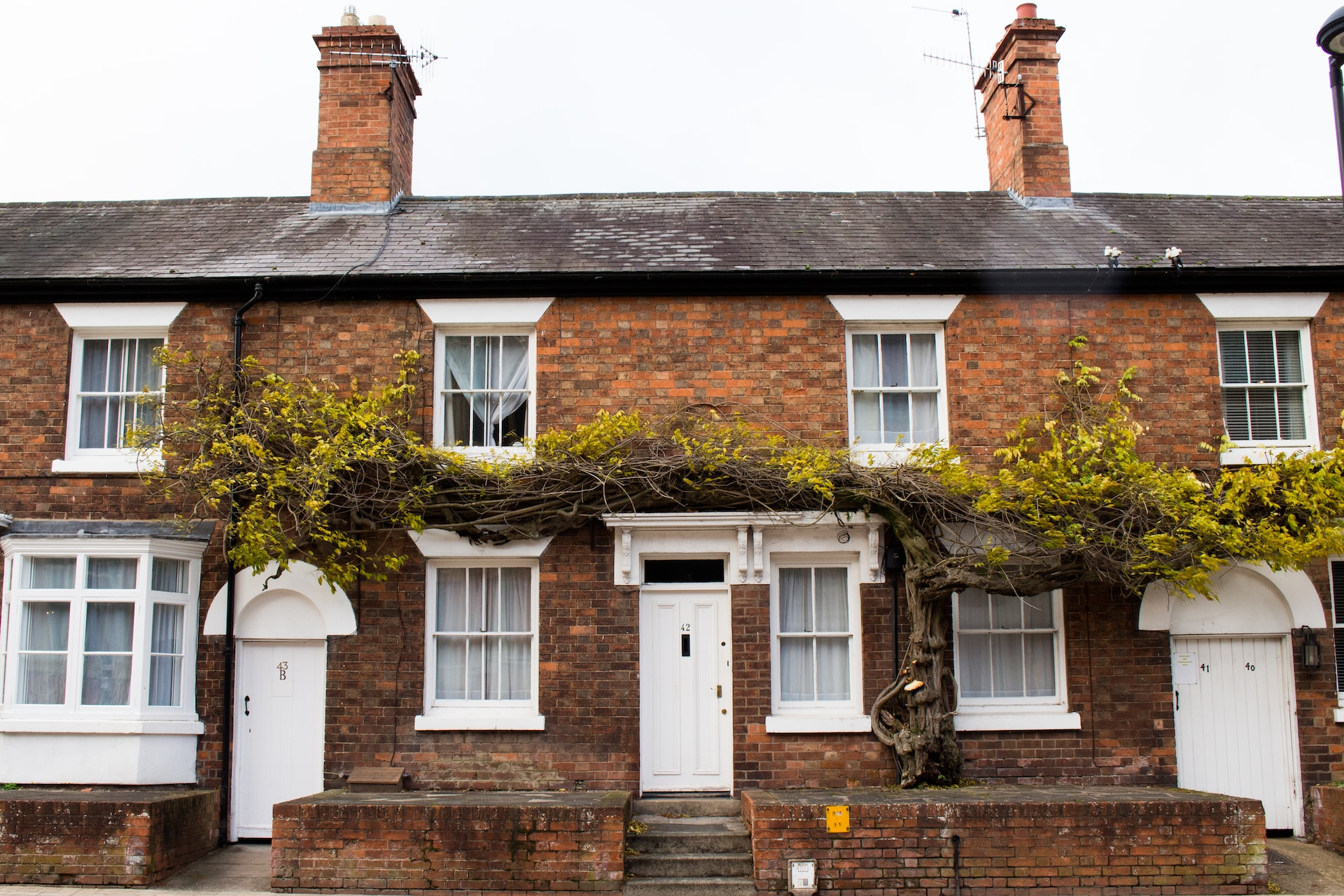by Adele Scrivens
7 June 2023
The Bill was introduced to deliver reforms outlined in the 2020 Social Housing White Paper. Recent events such as the devastating Grenfell fire and the tragic death of Awaab Ishak have highlighted the need for increased regulation and tenant protection in the sector.
The government’s intention is to deliver “transformational change” and “to empower residents, provide greater redress, better regulation and improve the quality of social housing”.
The Bill has been broadly welcomed by social housing providers and industry bodies who of course strive to provide each tenant with a safe and secure home. In this article, we will outline some of the main aims of the Bill and the powers it will provide to the Regulator of Social Housing (“the Regulator”).
Aims of the Bill
Keywords that form the backbone of the Bill seem to be: Transparency, Accountability, Safety, Redress.
Registered Providers (“RPs”) will need to be transparent about their policies, their actions, their finances, their complaints procedures, their energy efficiency and other issues.
Tenants will have rights to request that information, to be informed and to make complaints.
The Regulator will have a new focus on consumer standards as well as economic standards, accompanied by greater powers to enforce.
The recent introduction of Awaab’s Law into the Bill is the government’s direct response to the death of Awaab Ishak, caused by the damp and mould in his home.
Transparency
RPs will need to collate and publish information, allowing them to be measured against the ‘Tenant Satisfaction Measures’, which were finalised and published by the Regulator in September 2022 following a consultation with the industry.
Tenants will be able to request information from their landlords, similar to requests made under the Freedom of Information Act.
‘Ofsted-style’ inspections of RPs, both regular and one off, will allow the Regulator to monitor and verify that RPs are following their published policies and achieving the required standards.
Transparency is part of a wider aim to inform and empower tenants. This follows the recent introduction of the “Four Million Homes” programme – a training scheme aimed at social housing tenants, teaching them their rights, how to make a complaint and how to take an active role in how their homes are managed.
Accountability
The Bill should enable the Regulator to intervene where RPs are performing badly; to act in the interests of tenants to ensure that issues are rectified.
The Bill will introduce powers for the Regulator to survey homes and to arrange emergency repairs of tenants’ homes if necessary. The costs incurred would be recovered from the RP. Alternatively, the Regulator can issue a ‘Performance Improvement Plan’ to any RP who is failing to meet standards.
Further, there will no longer be any cap on fines that can be issued to an RP who has failed to meet the required standards. Fines were previously capped at £5,000, so this is a significant change.
Safety and Standards
RPs will be required to nominate a designated person from within the organisation for health and safety issues.
To assist with safety and all aspects of tenant liaison, all social housing managers will now be required to have a professional qualification. This brings the social housing sector in line with other professions such as social work, teaching and health and care services. It is estimated that this new rule will apply to around 25,000 managers in the sector. The government will have the power to set up a register of qualified social housing practitioners.
There will be some further consultation to clarify whether these new qualification rules will be retrospective and whether there will be a transition period, as clearly any managers without the necessary qualifications would need time to achieve this if required.
Redress
If tenants are to be empowered and encouraged to take more of an active role, then the Bill needs to ensure that their voices are heard.
The Housing Ombudsman will be empowered to issue a code of practice on complaint handling and monitor compliance with the code. It is hoped that the Bill will strengthen the relationship between the Regulator and the Housing Ombudsman.
Currently, tenants may not be familiar with the Housing Ombudsman; the Housing Ombudsman is aiming to address this by raising awareness and an understanding of its role. This seems crucial if tenants are to feel heard.
The Regulator must set up an advisory panel made up of representatives of social housing tenants, RPs and their lenders, councils, the Greater London Authority, Homes England and the housing secretary. This should go some way to ensuring tenants are listened to: however, one of the criticisms of the Bill is that it does not provide a nationally representative voice for tenants.
Awaab’s Law
The government recently amended the Bill by adding ‘Awaab’s Law’ which provides that RPs have to solve issues such as damp and mould within a particular timeframe.
Awaab’s Law requires RPs to investigate and remediate reported hazards in their homes within strict new time limits, or to rehouse tenants where a home cannot be made safe.
The government intends to launch a consultation later this year which will set the timeframes.
Challenges for RPs
The Bill has been broadly welcomed by social housing providers, the National Housing Federation and the Chartered Institute of Housing. It is hard to deny the credibility and necessity of its core aims. However, there will undoubtedly be challenges for RPs, budgetary and otherwise. Additional resources will be required to ensure compliance with the Bill and, as far as we know, there is no proposal for additional funding to be provided for this.
This is of course against the backdrop of the ongoing housing crisis and the desperate need for more homes to be built. Will an unintended consequence of the Bill mean that RPs have even less money to provide much needed affordable homes?
Speak with us

